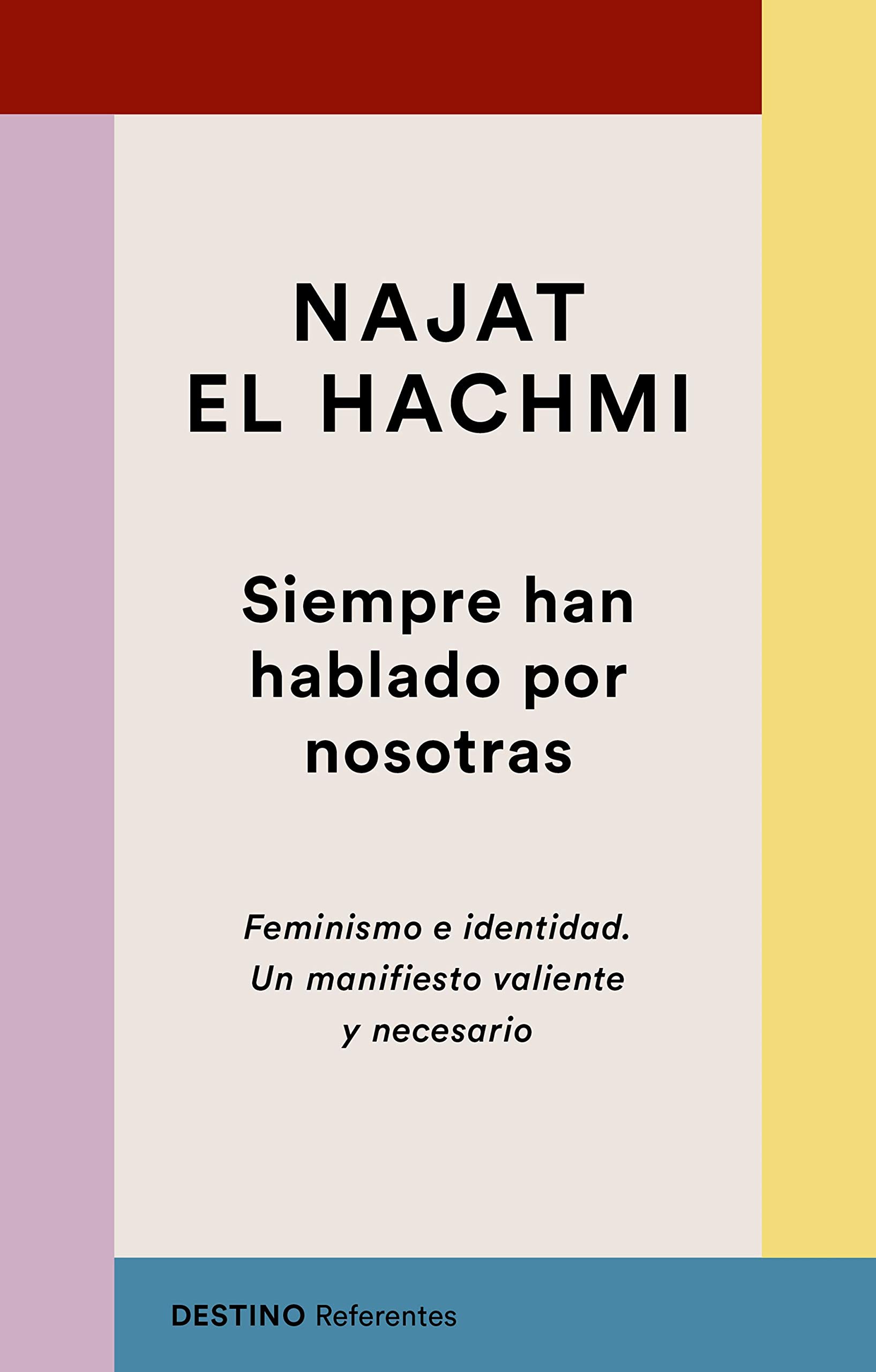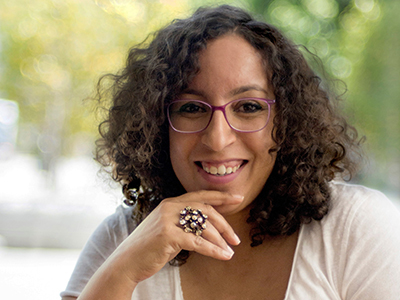
Pocas voces tienen tanta autoridad para hablar de feminismo e identidad como Najat El Hachmi. Más allá de su condición de hija de familia musulmana marroquí, su mundo narrativo es un mundo de mujeres. Con este conocimiento, se ha formado una opinión sobre lo que supone ser feminista hoy. Por eso ha escrito este ensayo, para hacer hincapié en la crucial importancia de alcanzar la igualdad entre sexos en todas las culturas y etnias, y nos alerta del peligro de supeditar el feminismo a otras causas. Un manifiesto valiente y necesario. Una denuncia a las múltiples trampas y formas de discriminación que sufren las mujeres.
Author

At the age of 8, Najat El Hachmi immigrated with her family to Catalonia, Spain. She studied Arab literature at the University of Barcelona. She began writing when she was twelve years old and has continued ever since, first as entertainment, and later as a means to express concerns or to reflect and re-create her own reality, in the (at least) two cultures to which she belongs. Her first book, Jo també sóc catalana (I am also Catalan, 2004), was strictly autobiographical, dealing with the issue of identity, and the growth of her sense of belonging to her new country. In 2008, she won one of the most prestigious award in Catalan letters, the Ramon Llull prize, for her novel L'últim patriarca (The Last Patriarch).